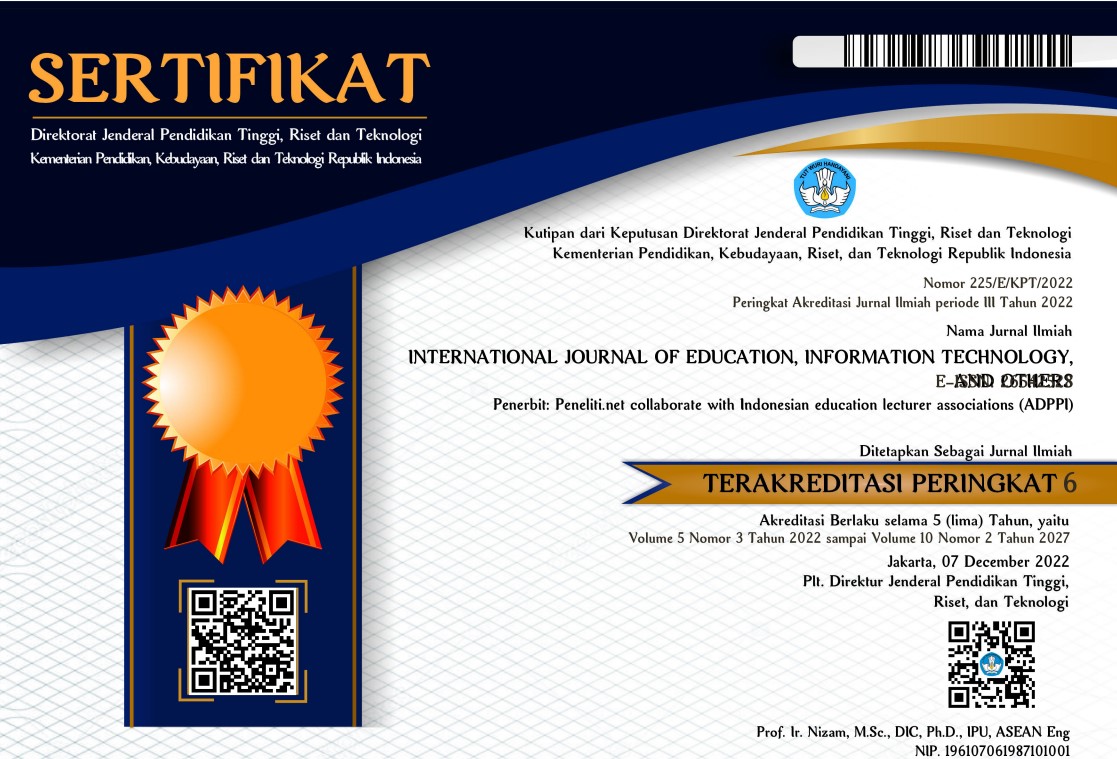The Crime of Smuggling Imported Goods in the Perspective of Customs Law
Abstract
Customs is everything related to the supervision of the traffic of goods, both incoming and outgoing from a customs area, including the collection of import and export duties. The purpose of this research is to understand the modus operandi of criminal acts of import goods smuggling. To understand the monitoring mechanism by the Directorate General of Customs and Excise in combating the crime of import goods smuggling. To know the sanctions for the crime of import goods smuggling. Using normative juridical research methods. The research results state that Smuggling is a crime of clandestinely importing or exporting goods to evade taxes that could harm the state. The criminal act of smuggling is regulated in Article 102, Article 102A, and B of Law Number 17 of 2006 concerning Amendments to Law Number 10 of 1995 concerning Customs. In carrying out efforts to combat and eradicate the crime of smuggling, the government conducts direct inspection or supervision of export and import goods, which is authorized to customs officials. Legal regulations regarding the crime of smuggling and violations along with their sanctions have been regulated in Law Number 17 of 2006 concerning Customs articles 102 through 109. The supervision referred to is actions taken to ensure all movements of goods, public transportation (ships, aircraft, and vehicles), and individuals crossing national borders in customs areas, so that they can proceed in accordance with the customs regulations established by law. As referred to in Article 102 and Article 102A, which result in disrupting the economic foundations of the state, can be punished by imprisonment for a minimum of 5 (five) years and a maximum of 20 (twenty) years.




